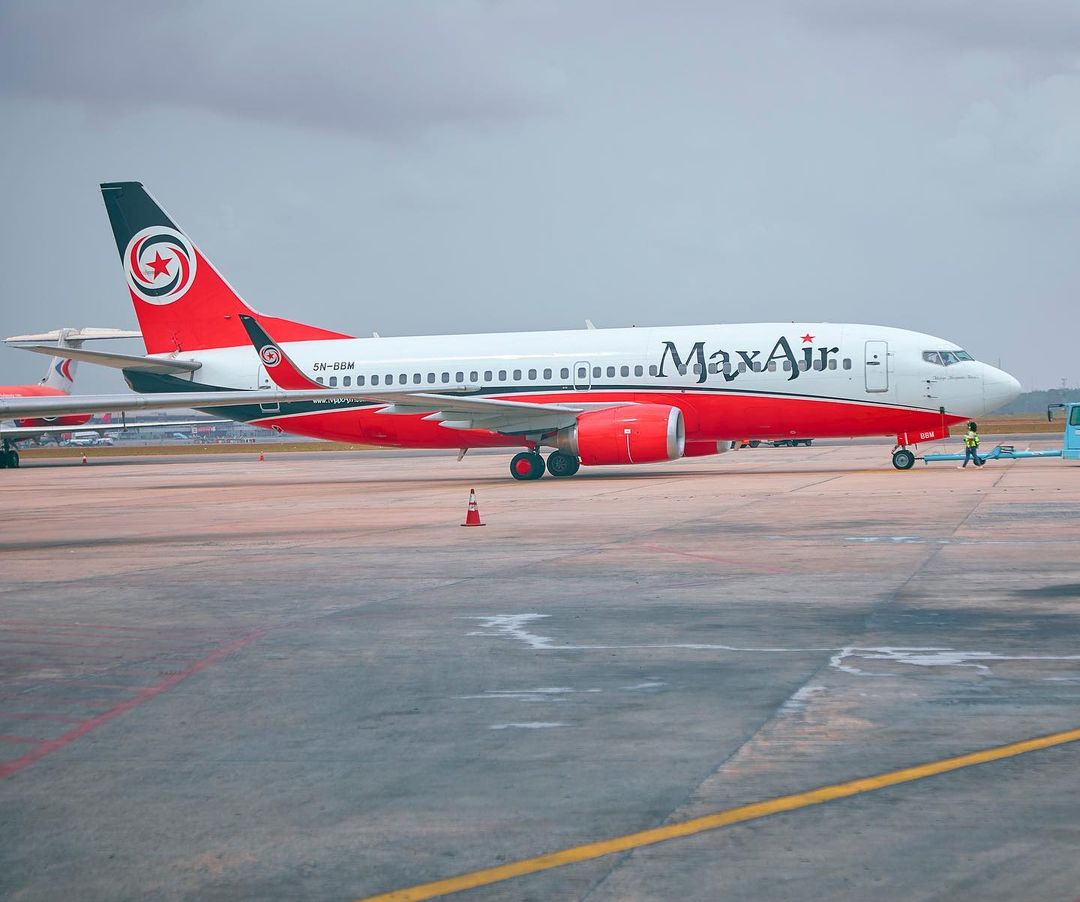Nigeria’s domestic aviation industry is facing a looming crisis as soaring prices of aviation fuel, also called Jet A1, threaten the operations of several airlines.
Over the past two years, there has been a relentless increase in the cost of aviation fuel, prompting carriers to raise ticket prices in an attempt to offset the financial strain.
Between July 2023 and February 2024 alone, domestic carriers experienced a 109 percent surge in the price of Jet A1, reaching an alarming high of N1,316 per unit. The twelve scheduled airlines operating in the country, including major players like Air Peace, Arik Air, and Dana Air, have struggled to adapt to the skyrocketing fuel costs.
George Uriesi, Chief Operating Officer of Ibom Air, highlighted the magnitude of the challenge, stating, “Fuel is the major cost, and in two years, it has gone from about N200 to N1,500. No matter how prudent an airline is, it cannot absorb such a massive increase in the major cost input.”
He said that the industry had reached a critical point where further increases in ticket prices would deter passengers from purchasing tickets.
Captain Ado Sanusi, Managing Director of Aero Contractors, warned of dire consequences if the situation persists, asserting that Jet A1 prices now account for up to 95 percent of airlines’ operating costs. He called on the government to prioritize domestic refining of aviation fuel to reduce dependence on imports and stabilize prices.
Sanusi also urged the Federal Government to ensure transparency in the importation of Jet A1 to prevent price manipulation by cartels. He suggested that publishing fuel prices by the Department of Petroleum Resources (DPR) would provide clarity and stability in the market, potentially alleviating the financial strain on struggling airlines.



